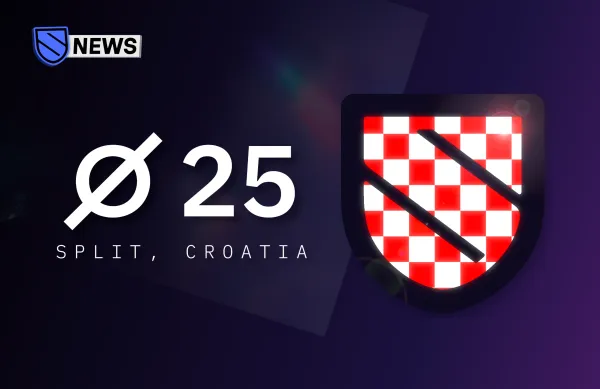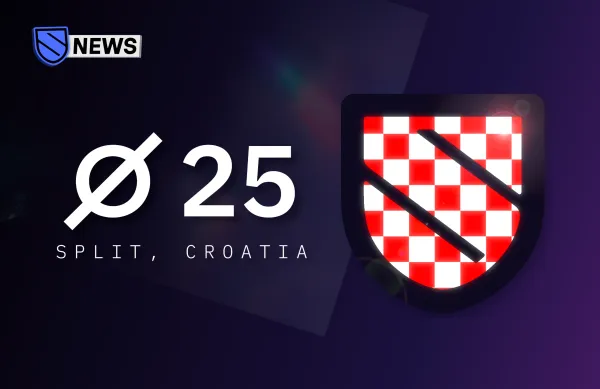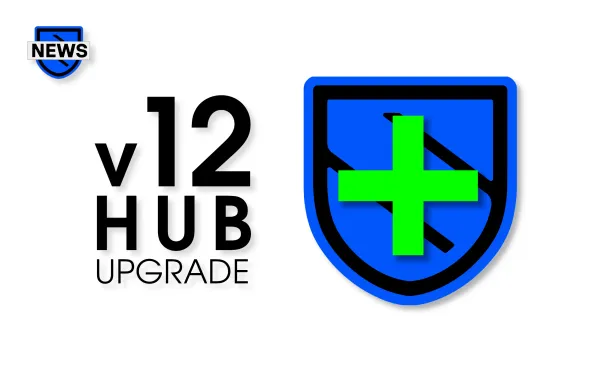U.K. Age Verification Laws: Defend Your Digital Life With a Decentralized VPN
dVPNs aren't just "as good" as traditional VPNs, they're an overall more effective and safe way to demolish obstacles to your online life.

Age verification provisions from the U.K. Online Safety Act which came into effect last month have created a stir across the world and dramatically hindered the British public's free, anonymous access to the internet.
Internet users in the U.K. who attempt to access websites are being bombarded with popups demanding they submit ID and other personal information to verify that they're over the age of 18. This irritating and invasive roadblock hasn't just been confined to gatekeeping mature content such as pornography or gambling—it's also been implemented within the internet's most common "public squares," like Facebook, Reddit, X, and YouTube.
just did this and it said my age verification was confirmed but this still keeps popping up ffs pic.twitter.com/4Fy5iO33oD
— ty!er (@toadinthebowl) August 11, 2025
For many, even compliance hasn't put an end to the frustration.
VPN downloads have surged across the board in the U.K. following the law's implementation. That wave of adoption includes household names such as NordVPN and Proton VPN; but also decentralised alternatives (dVPNs) like the ones built on the Sentinel blockchain.
DLNews published an article on 1 August about the recent upswing in dVPN (or "trustless VPN") downloads. It quotes Meile lead developer freQniK several times and discusses the advantages which dVPNs offer over the establishment VPN industry.
In this article, we'll provide our own overview of dVPNs, how they're a more effective solution for evading these intrusive age verification schemes, and why you should give them a try if you're a U.K. resident whose daily life has been affected by them.
Decentralized VPN
What is it, and why should I use it?dVPNs are far from simply being "crypto VPNs." If you're a crypto-agnostic (or anti-crypto) internet user, you may be wary of blockchain-powered "dApps," which are often lackluster reimaginings of common products with a haphazard crypto element tacked on.
The Sentinel blockchain, which powers the majority of available consumer dVPNs, breaks that paradigm by providing a framework for VPN which is far more censorship-resistant and fundamentally secure than existing offerings—all while offering the same simple in-app user experience.
In short, dVPNs aren't just "as good" as traditional VPNs, they're an overall more effective and safe way to demolish obstacles in your digital day-to-day life.
What is Sentinel?
Sentinel is a peer-to-peer global bandwidth marketplace which powers both privacy-focused consumer products and development utilities. The most prominent of these usecases at present are decentralised VPN (dVPN) applications and data acquisition for the training of AI models.
🎓 To learn more about Sentinel, check out more of our articles, visit the project's official website, or read the documentation.

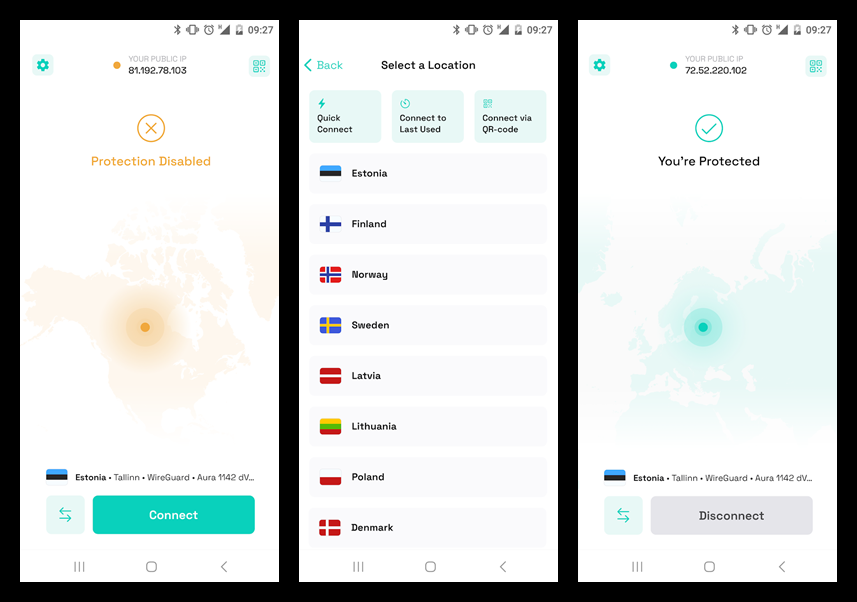

(Left to Right) Sentinel Shield, dVPN by NORSE Labs, Independent dVPN.
In-App Experience
As we hinted earlier, if you know how to use a VPN, then you already know how to use a dVPN. Getting online using one is as simple as selecting a server with a location and configuration which suits your needs, then tapping connect.
If you're a power user, dVPNs offer many of the industry-standard advanced functions present in traditional VPNs, like split tunneling and a kill switch (with more to come down the road).
While crypto is certainly having a moment in the sun within the realms of politics and business, the fact is that quite a small percentage of overall internet users own digital assets or are familiar with using them. In fact, the mere mention of crypto may have aroused skepticism in some who are reading this article. In recognition of that reality, dVPN developers have worked hard to ensure that the in-app experience is accessible to anyone and that blockchain elements stay under the hood.
Many dVPNs are "freemium": Free to use, with an optional subscription on offer for access to extra servers and advanced features. If you use a paid dVPN, or decide to purchase premium in a free one, you can pay in GBP using your card or a trusted fiat gateway like Google/Apple Pay. A significant portion of dVPN users (who number in the tens of thousands every day) are completely unaware they're using a blockchain product.
That's not to say that crypto payments aren't supported and recommended. Using crypto to pay for a subscription is cheaper, more private, and eliminates the potential that purchases may be denied based on your financial institution's location (an additional georestriction measure which is sadly becoming increasingly commonplace).
But enough about payment methods—what about the overall cost?
dVPN service is significantly less expensive than even the cheapest traditional VPNs. For example: As of this article's publication, a one-month subscription to Sentinel Shield will cost you less than 50p. That's a remarkable 95% discount compared to most centralized VPNs, whose monthly rates tend to be in the £10 range.
Servers
dVPNs are a gateway to a distributed network of peer-to-peer servers hosted on the blockchain by everyday network contributors across the globe:
- Those servers utilise the exact same secure protocols used by the VPN establishment; but unlike those apps, dVPNs provably cannot log or track any information about you.
- Because dVPN servers (also known as "nodes") can be hosted by anyone in any location, they're far less likely to be blacklisted or identified as VPN connections by websites.
- Some dVPNs even offer so-called residential nodes, which are hosted on home internet connections. They have demonstrated the highest efficacy in the entire industry at thwarting websites' attempts to block VPN users.
Getting Started
Download a dVPN and get connected now!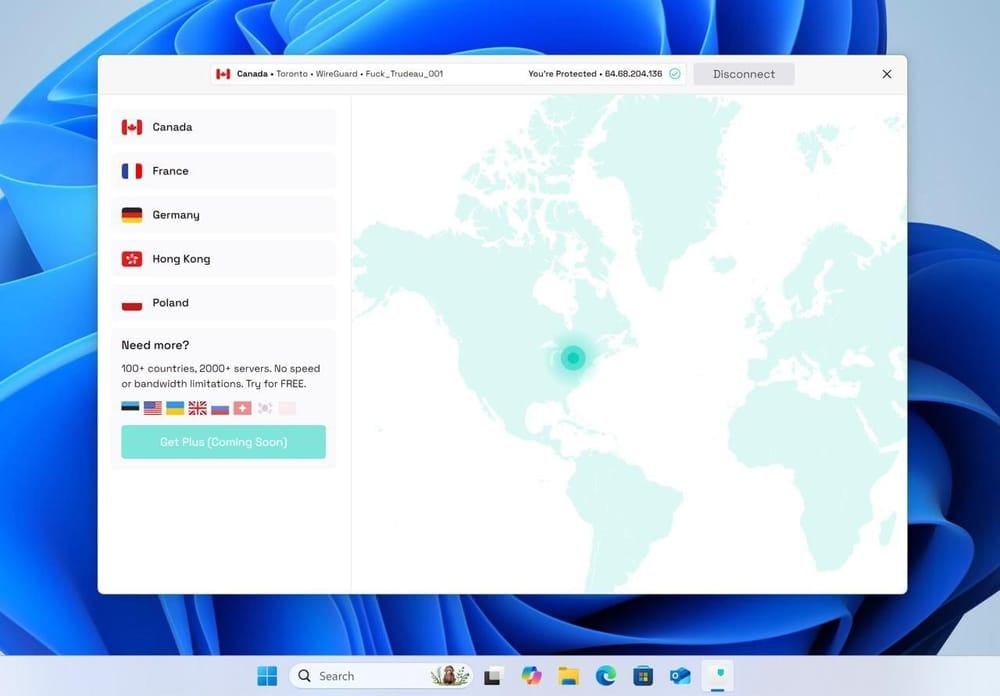
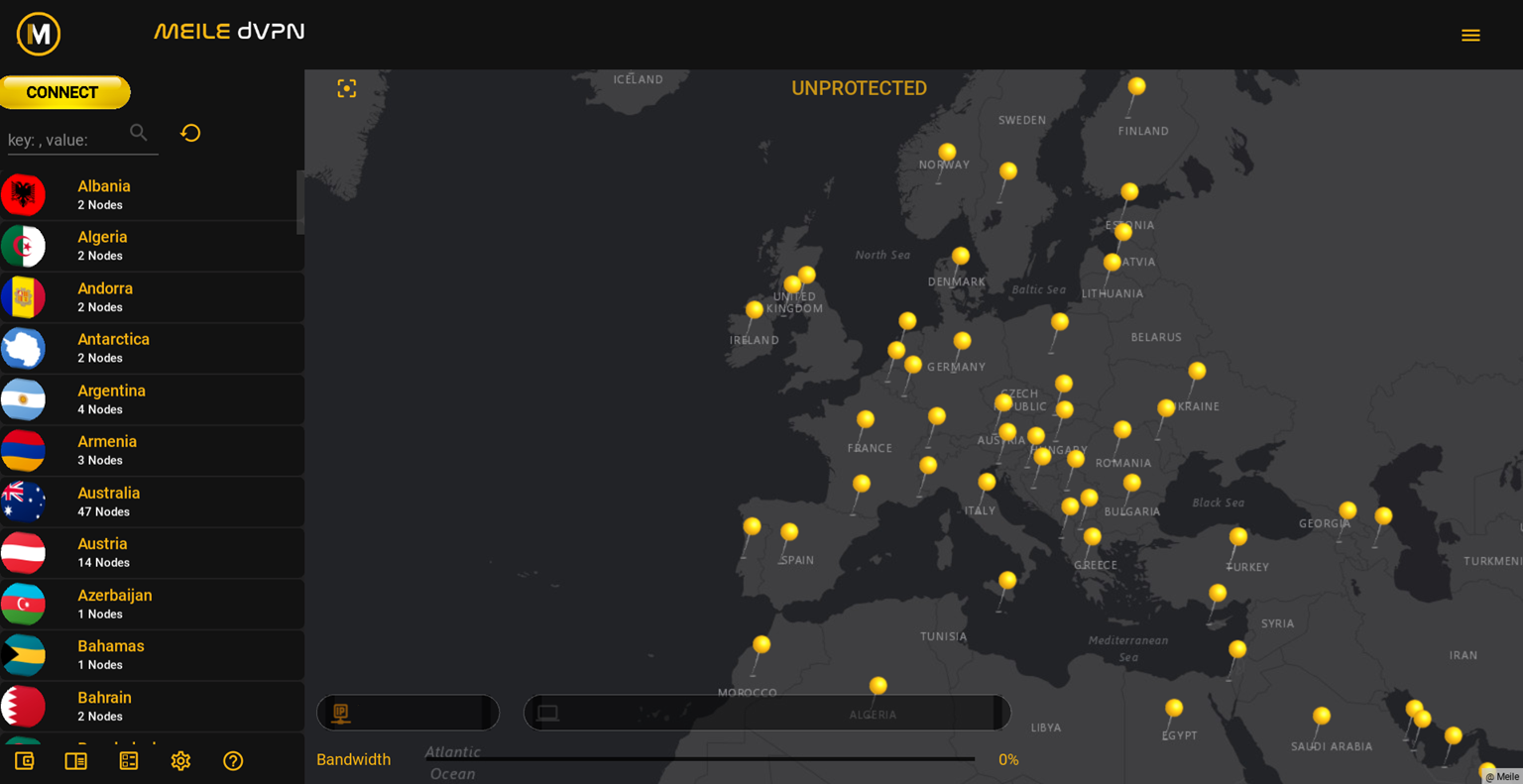
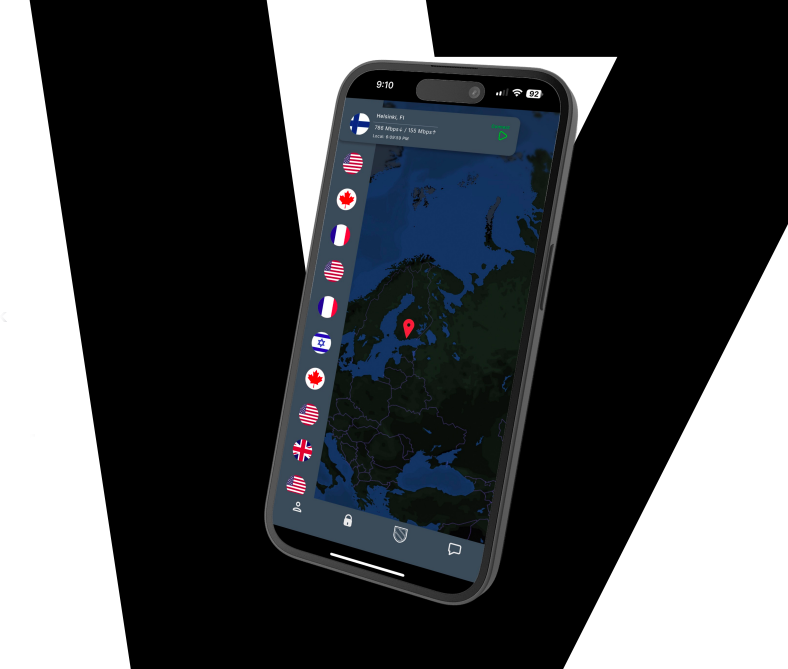
(Left to Right) dVPN by NORSE Labs on Windows, Meile dVPN on Linux, Valt on iPhone.
No matter what hardware you're browsing on or what your price range is, there's a dVPN out there for you.
There are seven active applications operating on the Sentinel blockchain, with many more on the way. The existing seven cover both major mobile platforms (iOS and Android) and all common desktop operating systems (Windows, Mac, and Linux). NORSE Labs even has a dVPN for smart televisions.
Since Sentinel went online in 2021, nearly one million unique users have used a dVPN. To join them, click the button below to view a directory of applications and find one which works for you.

P2P NEWS
Powered by the Sentinel Growth DAO
The community's most-trusted nexus for news coverage of the Sentinel Ecosystem and its applications, distributed infrastructure, and third-party contributors across the globe.
SUBSCRIBE
Telegram • X • Newsletter




